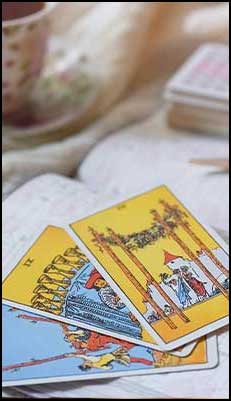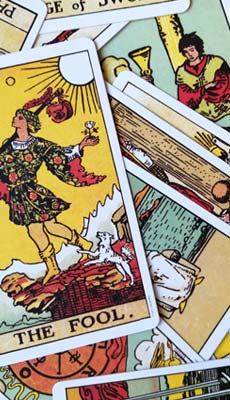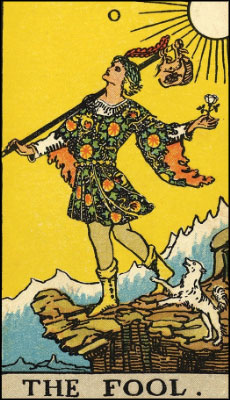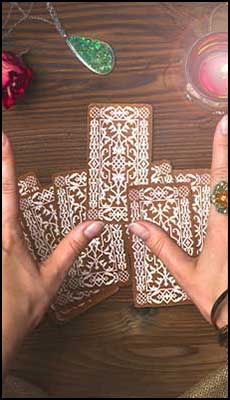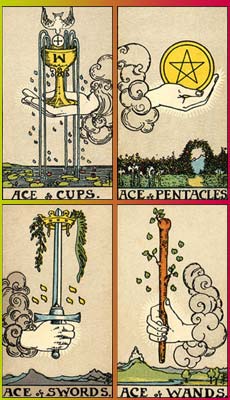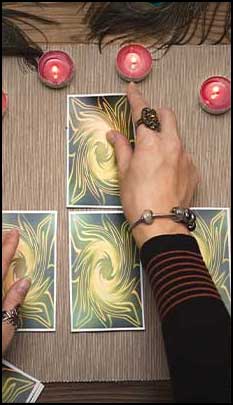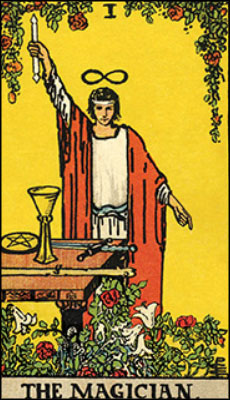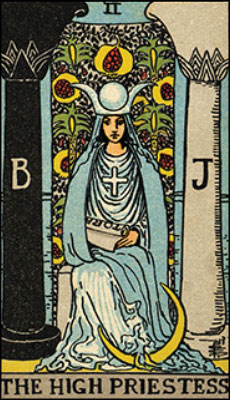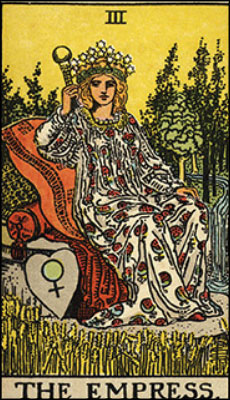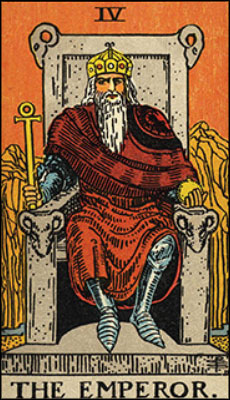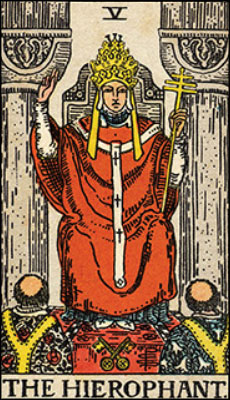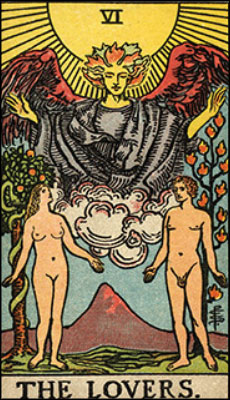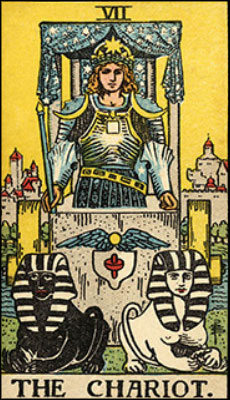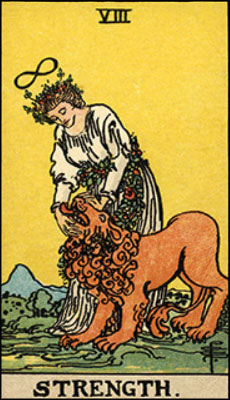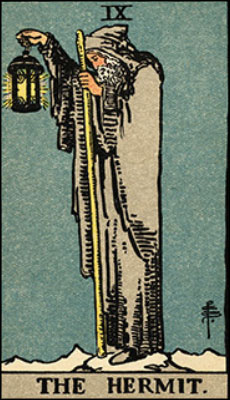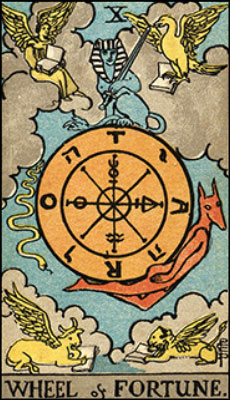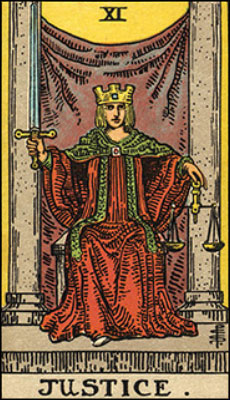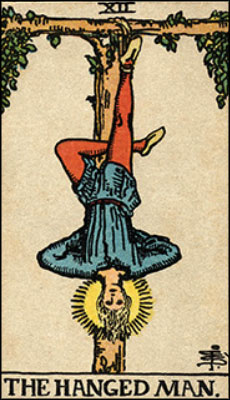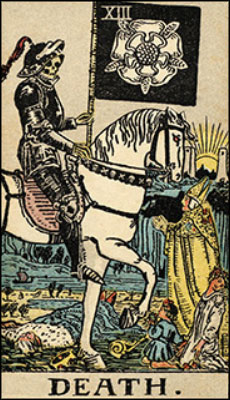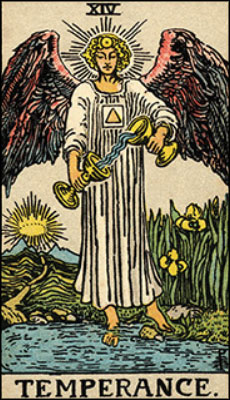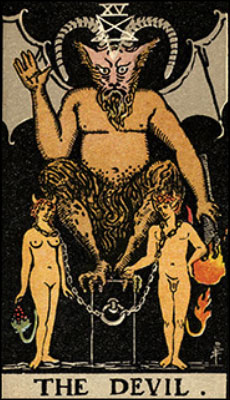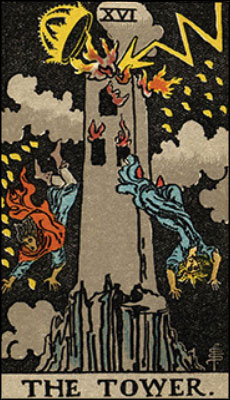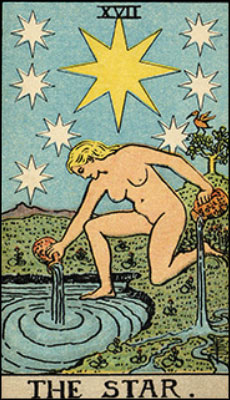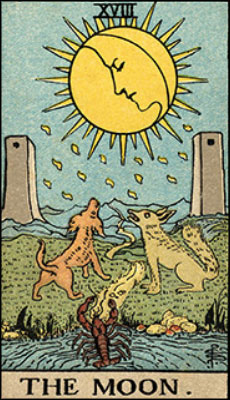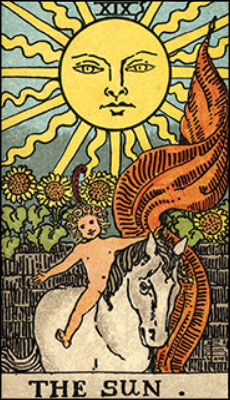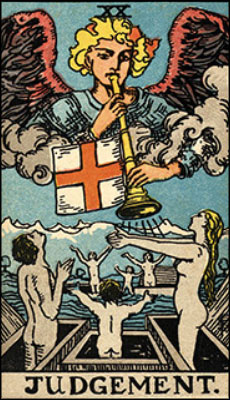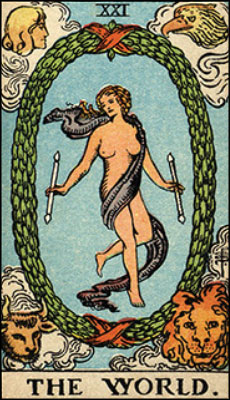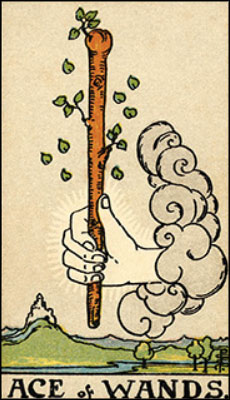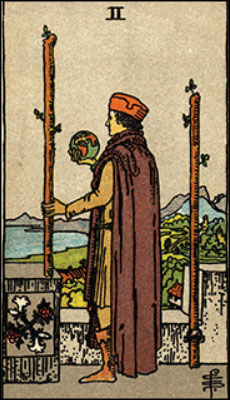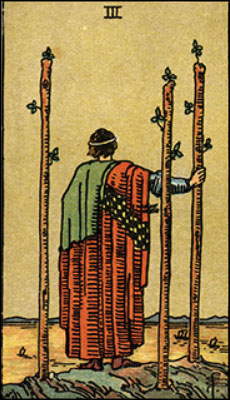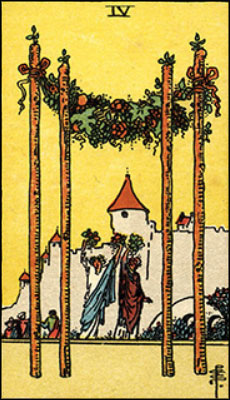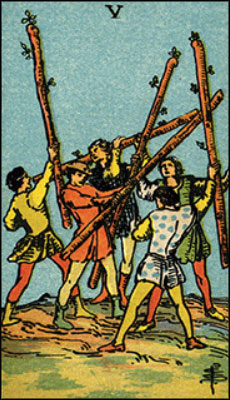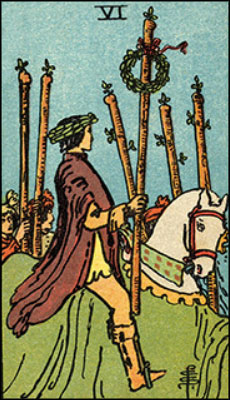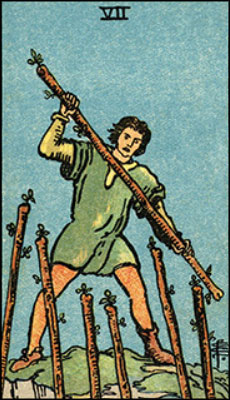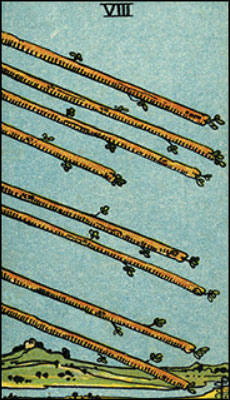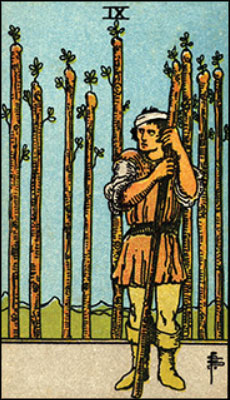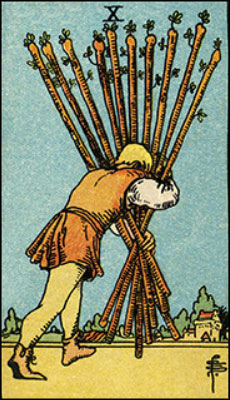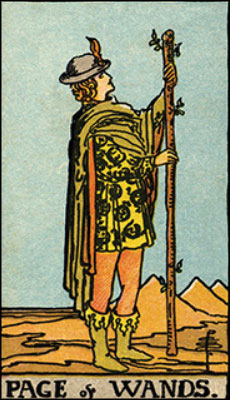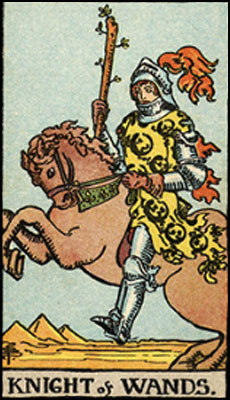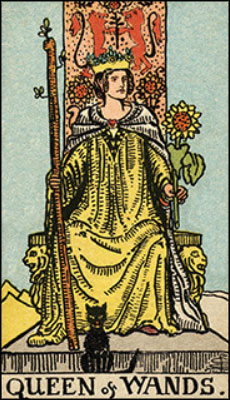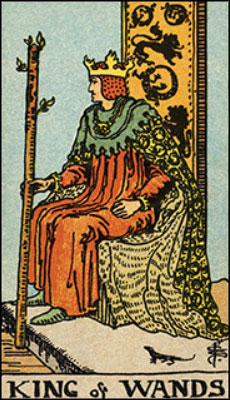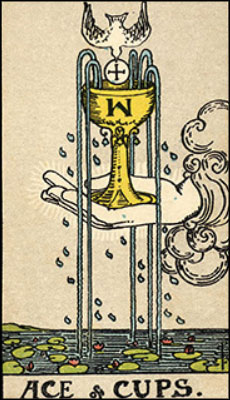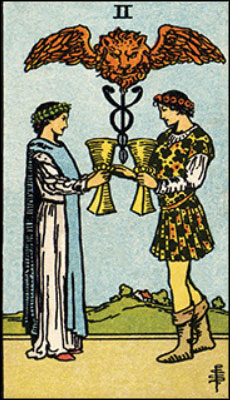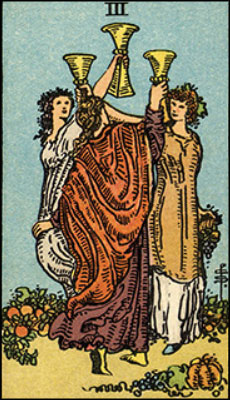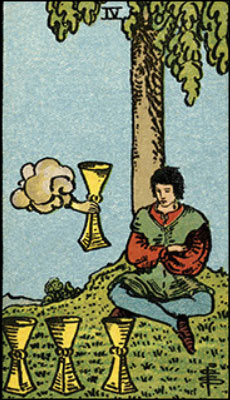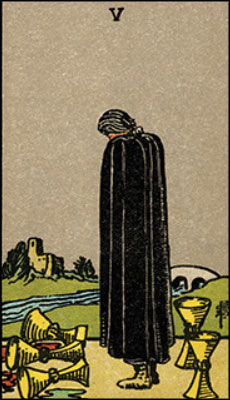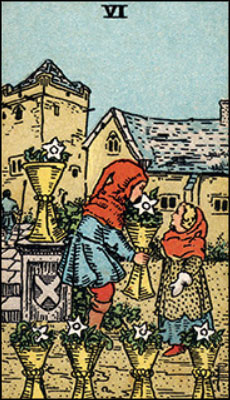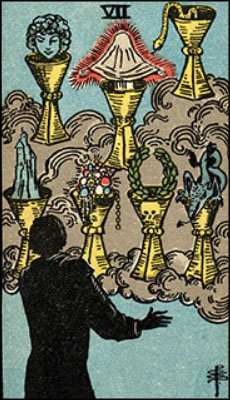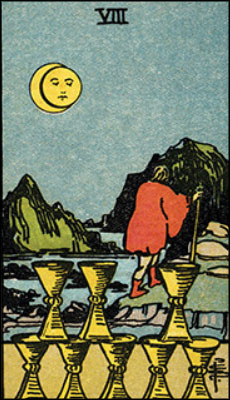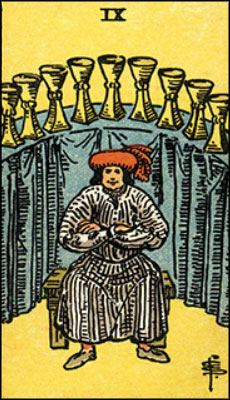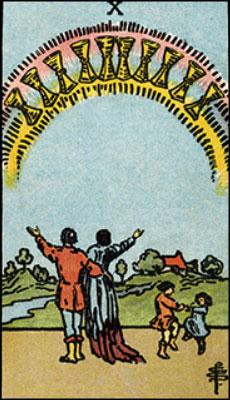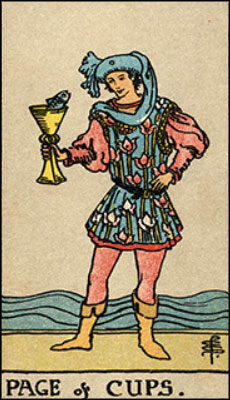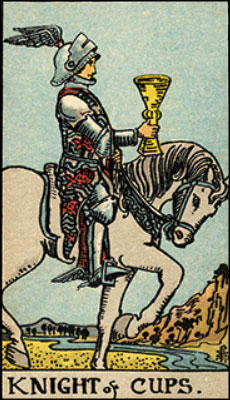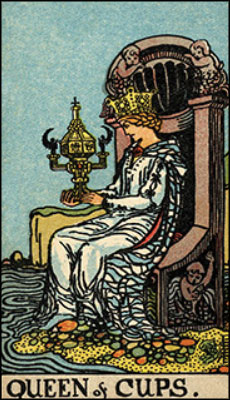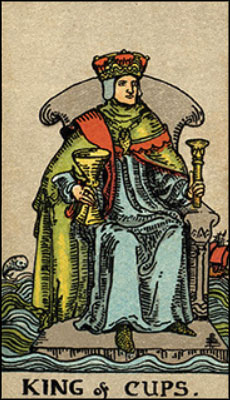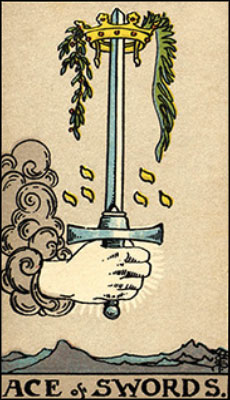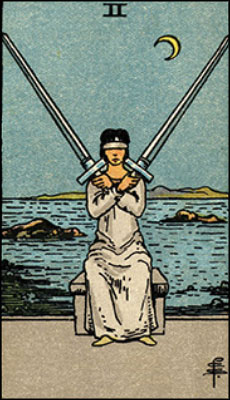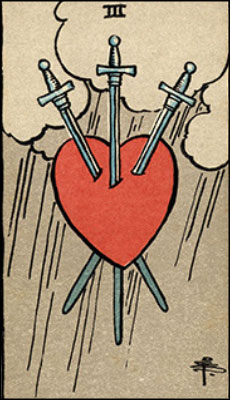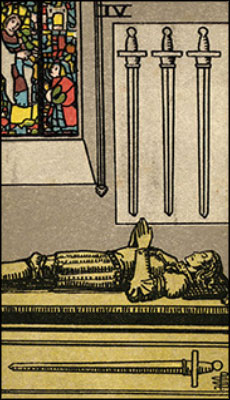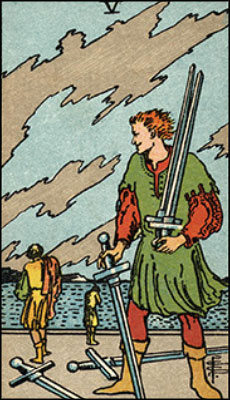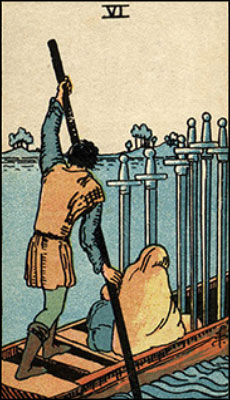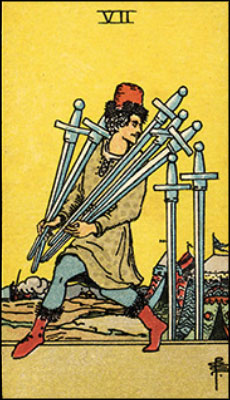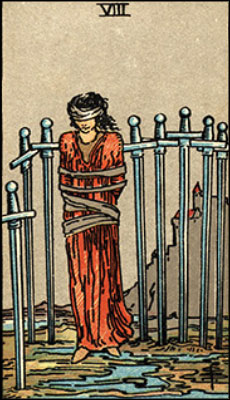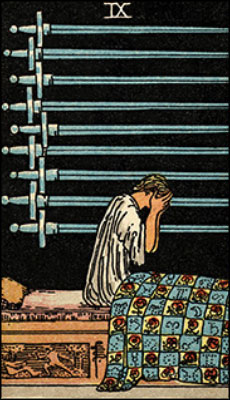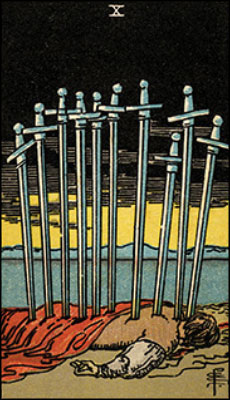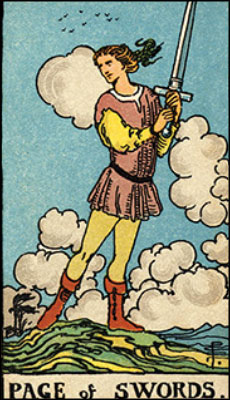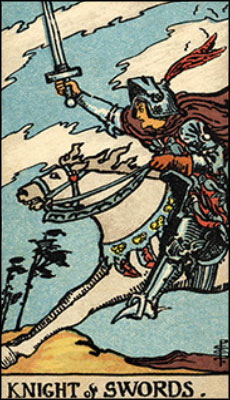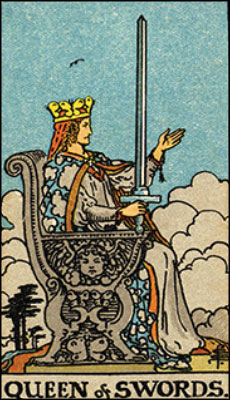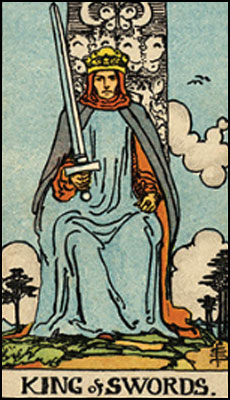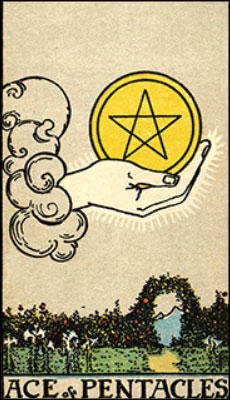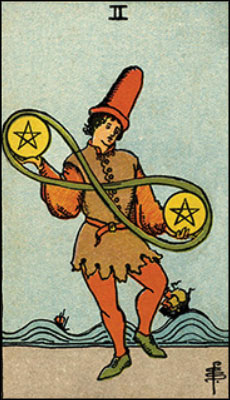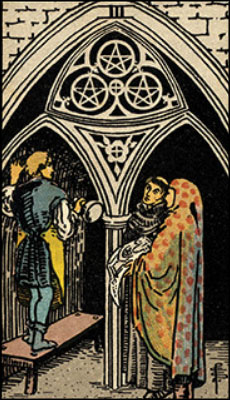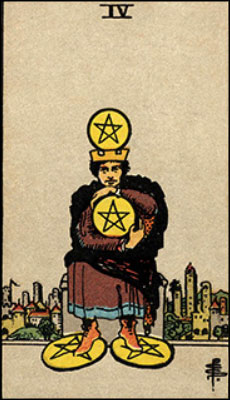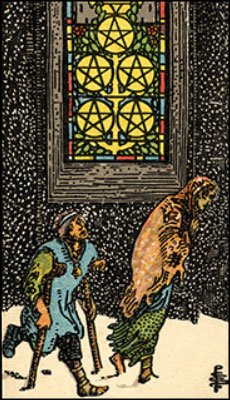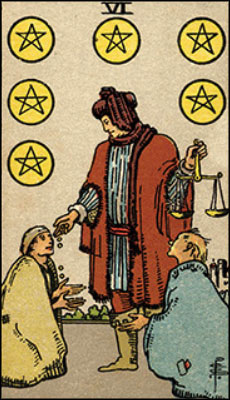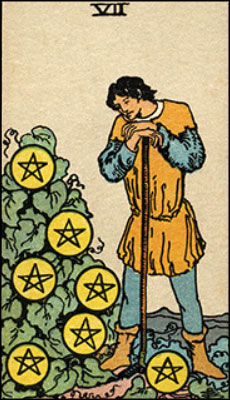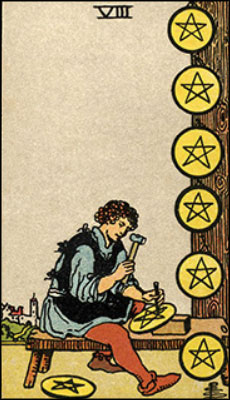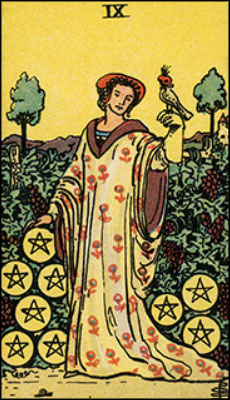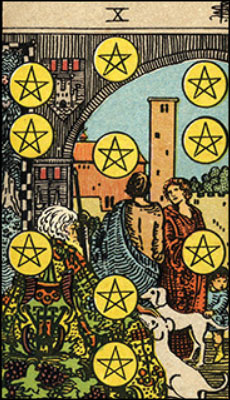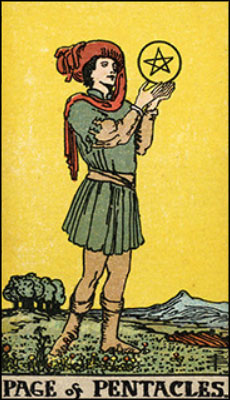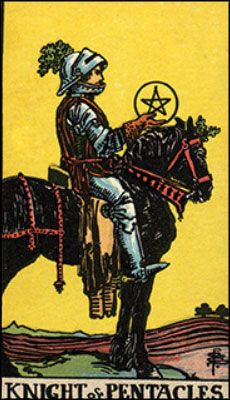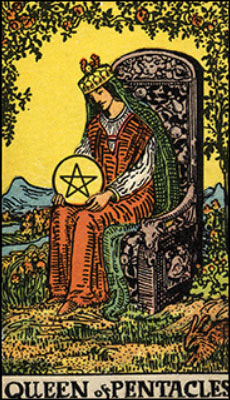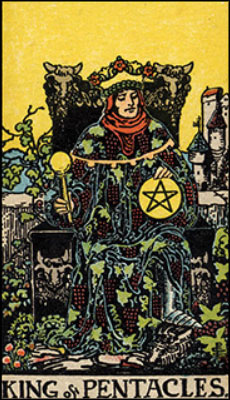How to Read Tarot Cards
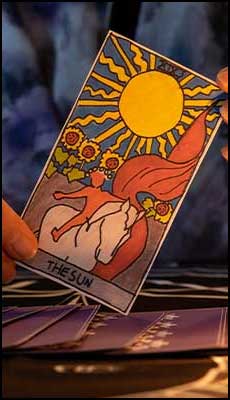
How to Read Tarot Cards
You bought a tarot deck that has pictures that resonate with you. After bringing it home, you slept with it under your pillow to allow your energy to soak into the cards. For the first week, you covered the cards with a scarf or a material that you love, taking them out of their box to shuffle them regularly.
When you learn how to read tarot cards, they become an effective tool for life. Let's focus on ways to approach your reading, when to read the tarot, how to properly set your intention, and how to phrase empowering questions.
Are There Different Ways to Read Tarot Cards?
There are so many ways to read tarot cards, it’s important to figure out what works best for you. The most obvious way to begin is to read the booklet that comes with the deck and attempt to memorize the meanings. Some people use flashcards or take notes to aid in memorizing standard card meanings. Reading books, taking courses in tarot, and getting readings yourself will help you connect the short summaries that come with the deck with more elaborate card meanings and interpretations. This learning process will take time and study. You won’t instantly memorize the tarot; it is a journey like the path we are on in life.
Another way to read tarot is to take a psychic approach to the cards. Consider the pictures, connecting intuitively and emotionally with the imagery and the energy that comes through in the moment. This approach weaves together intuitively sourced information with card meanings you can find online or in your booklet, the key difference being that you are using the cards as a tool to unlock psychic information rather than focusing on the card meanings. An added benefit to reading the tarot this way is that it can be used as a tool for further developing your psychic ability. Your first instinct with what you see is usually the correct interpretation (depending on the question). The more you practice noticing your first “gut” response and writing it down so that you can validate it later, the more you will begin to trust your intuitive wisdom and its ability to guide your reading.
Another way to read the cards is to focus on the symbolism, especially for questions of timing. Studying the history and symbology of the cards becomes the key to unlocking their deeper meanings.
Tarot is an art and reading and interpreting the cards takes years and years of practice. But once you learn the cards you can read for anybody.
When Should You Do a Tarot Reading?
The best time to do a tarot reading (or pursue any kind of psychic advice) is when you have enough distance from an emotionally charged situation that you can entertain some fresh perspective or objectivity. That’s not to say that reaching for your deck or speaking with a gifted tarot reader can’t be helpful in calming down and de-escalating emotionally, but you will get the most benefit from reading the tarot when you are open to all the possibilities that can be revealed. Psychic Grace explains, “The best time to get a reading is when you are in an open space energetically and ready to receive the messages that one through. It's best not to get ready when you're highly emotional or feeling triggered by something or someone. Take a breath, center, and clear your energy before connecting with an advisor.”
Whether you do a tarot reading for yourself or choose to get a tarot reading online, it’s best to approach the cards with an open mind. That includes being open to all answers, not just the one answer you want to hear. The mind exerts a powerful influence over our subconscious, and it can block or bias the message of the cards if you’re not open to honoring your intuition.
How do You Set an Intention for Your Tarot Reading?
Let’s start by exploring the meaning of setting an intention. Intentions are often confused with goals. Goals are measurable and achievable, but intentions create the foundation to support your goals and align your life according to your priorities. Your intentions remind you about how you want to live your life from that place of awareness of what's most important to you.
In the context of tarot reading, you’ll want to set an intention that focuses on seeking the truth about a situation. This may not be the answer you expect or want to hear. It may be what you need to hear. Setting an intention allows you to be open to all possibilities. So while your goal in a reading may be to find the answer to a particular question, it’s important to set an intention that is bigger and broader, such as discernment, clarity, the highest good, or empowerment.
What Questions Should You Ask the Tarot?
One of the first things to address before doing a tarot reading is to try to get clear with what it is that you want to know. Specific questions will give you more focused answers. If you were at a doctor's appointment you know the best way to get at the root of the problem would be to lay out the details of your symptoms as clearly as you can. Just walking in and saying, "Something hurts. Fix it," would lead to a lot of wasted time on everyone's part. So, if there is something specific that's troubling you, it's worth your time to craft your question to address your needs. You can find some guidelines for questions to ask the Tarot here.
Of course, it’s fine to do general readings too. Going back to the doctor analogy, remember that regular wellness visits help keep you in good health. They can catch a problem in its early stages before things get out of hand. General readings can tip you off to things that might become an issue if left unaddressed.
This also is a good time to point out that it’s best not to approach the details that the cards give you as “fixed”. A good analogy is the beloved classic, “A Christmas Carol”. Ebenezer Scrooge got a glimpse into what the future might be if he did not change. As we know, he did change his attitude and thus changed his future. The cards can reflect the energy around you at the moment and give you a peek into what might logically progress if nothing changes. But the power to change and learn is always in your hands.
“I wish that clients knew that the cards although mystical and spiritual tools, are just that. They don't work like a Google search engine and they are not able to make decisions for you. They also aren't the best for predicting the future, because people shape their own destiny. Tarot is more of a compass than an actual map.” - Psychic Andre
What Questions Should You Not Ask the Tarot?
Tarot is very well suited to questions that invite your subconscious to take a seat at the table. Because a tarot reading is a bit like making a date with symbolic reality, you give yourself permission to drop into a world where cards have messages if you quiet your mind to listen. In this stillness, answers come from within. Tarot is simply a vehicle for tapping into your own inner guidance and 'psychic' source.
While a few questions are off-limits, it’s helpful to think about questions to ask the tarot in the context of how tarot works. Tarot tells a story, weaving together images, symbols, and meanings that can point to multiple outcomes and interpretations. Therefore, it naturally lends itself to general, open-ended questions rather than questions that can be answered with a simple yes or no, a factual answer, or the idea that there is only one possible outcome over which we have no control.
But what about a Yes No tarot reading? There is an art to phrasing your yes no questions so that the tarot can work its magic. The key is to use the information revealed by the first card to prompt the next question, continually peeling back the layers to reveal the full story. For instance, follow up “Will I get the job I applied for?” with clarifying questions such as, "Am I the committee's top candidate or are there other favored candidates in the running?" or "Is this job everything I'm hoping it will be?" or "Are there other opportunities headed my way for which I am better suited?” In this way, the reading becomes deeper and more insightful, opening your mind to limitless possibilities rather than finite outcomes.
“The future is not written -- it's only a potential," cautions Psychic Mariam, "and even if it's a more likely potential, what ultimately materializes will be directly related to the choices you make today, applying the information you've been given in your reading. No 'future outcome' comes down like a magic pill. The manifest future arises as an appropriate karmic expression following what's come before.”
Keeping all this in mind, here are some common examples of questions to not ask the tarot:
Death or Health Questions: Inquiries that relate to either death or health tend to have very black-and-white answers. Asking whether a loved one will regain health and return home from the hospital, for example, won’t generally offer very much insight since you can’t do very much to affect the outcome of another’s health struggle. Rather than asking about the outcome of health issues, try pursuing a line of questioning that will help you take ownership of the situation. If you know your loved one is suffering, ask the tarot how you can offer support in order to increase the chances of regaining health.
Anything that takes the power out of your hands: Tarot is meant to be a tool for self-knowledge. Self-knowledge is meant to empower you to make the best decisions. Any questions that give away your power or agency aren’t helpful. Remember, the future isn’t set in stone and the tarot can only reflect the energy of the moment and where it might flow next based on that. Trying to ask it a question where the answer must be a fixed outcome abdicates your free will to change things.
Next Steps
You're feeling grounded. You've set your intention. You're clear about your questions. Continue reading about common beginner tarot spreads or delve into some of our psychic's favorite advanced tarot spreads.
Related Tarot Guides

